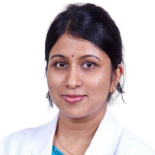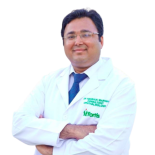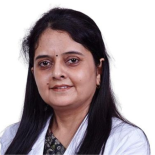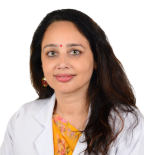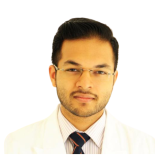About Ophthalmotology
Ophthalmology is a specialized branch of medicine that focuses on the diagnosis and treatment of eye-related conditions and diseases. Ophthalmologists are medical doctors who specialize in providing comprehensive eye care, including vision correction, surgical procedures, and management of eye diseases. They utilize advanced technology and techniques to diagnose and treat a wide range of eye conditions, such as cataracts, glaucoma, macular degeneration, and refractive errors. Ophthalmologists play a crucial role in preserving and improving the visual health of individuals, enhancing their quality of life. Regular eye check-ups and early detection of eye problems are essential for maintaining optimal eye health.
Why Choose Us
-
Cutting-edge technology for precise diagnosis and treatment.
-
Highly skilled and experienced ophthalmologists.
-
Comprehensive range of services for various eye conditions.
-
Patient-centric approach with personalized care.
-
Focus on delivering excellent visual outcomes.
-
State-of-the-art facilities and modern infrastructure.
-
Emphasis on patient education and awareness.
-
Collaborative approach with other specialties for comprehensive eye care.
Our Team of Experts
Find us
Sector-44, Opposite HUDA City Centre, Gurugram, Haryana 122002
8860022556
Ambulance
9009001050
Select Adword Type
Google Adword
FAQs
-
What is ophthalmology?Ophthalmology is a medical specialty that focuses on the diagnosis, treatment, and management of eye-related conditions and diseases. Ophthalmologists are medical doctors who specialize in the comprehensive care of the eyes and visual system.
-
When should I see an ophthalmologist?You should consider seeing an ophthalmologist for various reasons related to your eye health. This can include routine eye examinations, vision problems, eye infections or injuries, cataracts, glaucoma, macular degeneration, diabetic eye disease, and other eye conditions or diseases. Ophthalmologists also perform eye surgeries, such as cataract surgery or laser eye surgery.
-
What is the difference between an ophthalmologist and an optometrist?Ophthalmologists are medical doctors who specialize in eye care, including the diagnosis and treatment of eye diseases, prescribing medications, and performing eye surgeries. Optometrists, on the other hand, are healthcare professionals who provide primary vision care, including eye examinations, prescribing glasses or contact lenses, and detecting certain eye abnormalities or diseases.
-
How often should I have an eye exam?The frequency of eye exams can vary depending on your age, overall health, and any existing eye conditions. As a general guideline, it is recommended to have a comprehensive eye exam every 1-2 years for adults without known eye problems. However, if you have specific eye conditions or risk factors, your ophthalmologist may recommend more frequent visits.
-
What happens during a comprehensive eye exam?A comprehensive eye exam typically involves several tests and evaluations to assess your vision and overall eye health. It may include visual acuity tests, refraction tests to determine your prescription for glasses or contact lenses, intraocular pressure measurement (for glaucoma screening), examination of the external and internal structures of the eye, and evaluation of eye movement and coordination.
-
Can ophthalmologists treat eye conditions with medications?Yes, ophthalmologists are trained to diagnose and manage various eye conditions using medications. They can prescribe eye drops, ointments, oral medications, or injections to treat conditions such as infections, inflammations, glaucoma, allergies, and dry eyes. In some cases, they may also work in collaboration with other healthcare professionals, such as rheumatologists or endocrinologists, for conditions related to systemic diseases.
-
Can ophthalmologists perform eye surgeries?Yes, ophthalmologists are skilled in performing a wide range of eye surgeries. This can include cataract surgery, refractive surgery (e.g., LASIK), corneal transplants, glaucoma surgeries, retinal surgeries, and other procedures aimed at treating various eye conditions or improving vision.
-
Can ophthalmologists help with vision correction?Yes, ophthalmologists can help with vision correction. They can prescribe glasses or contact lenses to correct refractive errors, such as nearsightedness, farsightedness, or astigmatism. Additionally, ophthalmologists can evaluate your suitability for vision correction surgeries, such as LASIK or PRK, and perform these procedures if appropriate.
-
Can ophthalmologists diagnose and treat eye diseases?Yes, ophthalmologists are trained to diagnose and treat a wide range of eye diseases. This includes conditions such as cataracts, glaucoma, macular degeneration, diabetic retinopathy, retinal detachment, corneal diseases, and many others. They utilize various diagnostic techniques and imaging technologies to evaluate and manage these diseases effectively.


